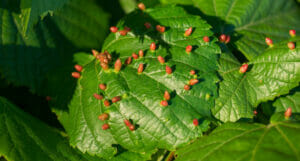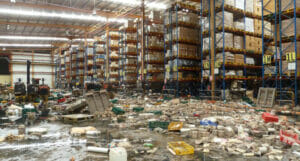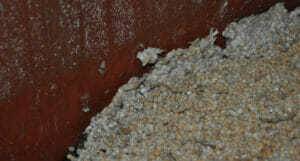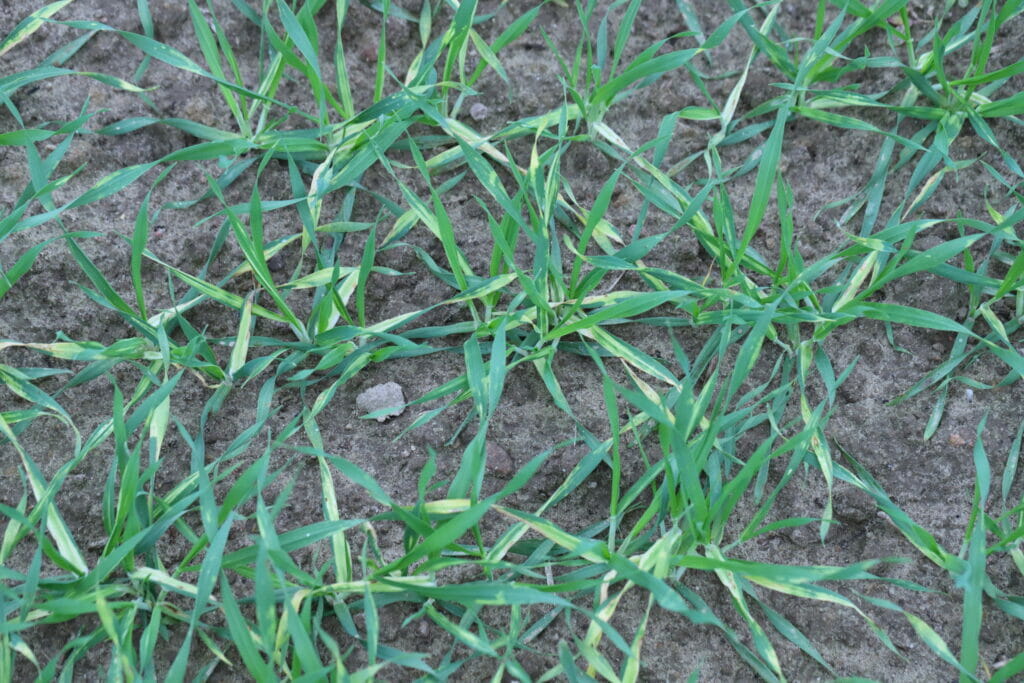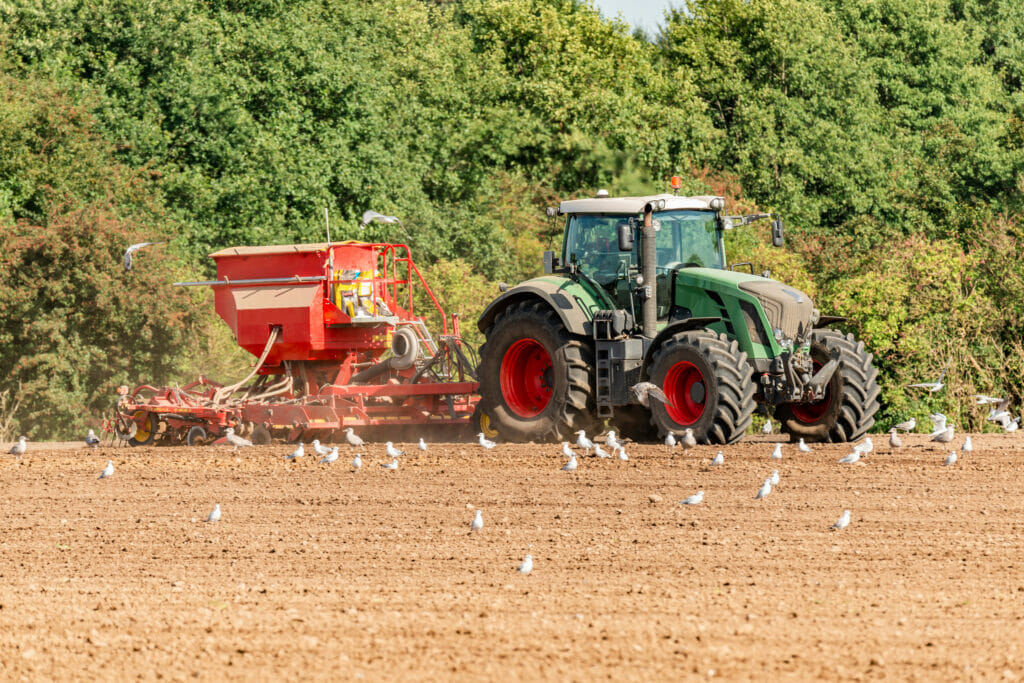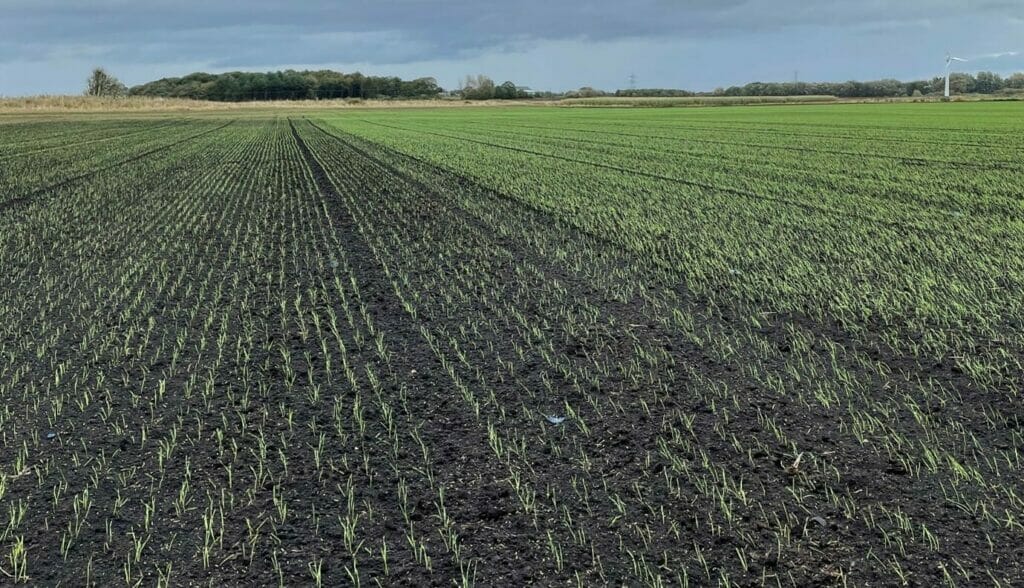Agriculture & Horticulture
Our specialists undertake expert forensic investigation across agriculture and horticulture sectors.
We identify the root causes of loss and damage in farming operations, from crop failures and soil contamination to equipment malfunctions.
Our qualified scientists and engineers investigate a broad range of incidents, including plant health issues, pest outbreaks, storage failures and machinery faults.
We support insurers, legal professionals, and growers with clear, CPR35-compliant reporting and science-backed insights, drawing on our deep expertise in crop production, industry best practices, and the mechanical and electrical systems commonly used on farms.
WHY APPOINT A FORENSIC INVESTIGATOR?
If you are dealing with an agricultural or horticultural incident and want to identify the root cause, how it happened and how to prevent it from recurring, a forensic investigator can help. Hawkins can provide an expert who is familiar with all aspects of a case and can offer clarity and answers to your questions.
- We provide you with the answers you need to determine why an incident occurred and to assist in making informed repudiation and recovery decisions.
- Our experts are knowledgeable in a wide range of areas with proven expertise and can investigate all aspects of agricultural and horticultural cases.
- We have the laboratories and equipment specifically to fully support our investigation.
- We will help you to determine if an incident could have been avoided.
- We support subrogation recovery claims.
- We help you to make decisions regarding where legal responsibilities and/or liabilities lie.
- We help you to defend wrongful claims.
- We produce reports suitable for Court and litigation.
- We provide consultancy advice to prevent similar events happening again in the future.
- If removing a risk entirely is unavoidable, we advise on steps to take to mitigate the risk and reduce the potential damage resulting from an incident.
- We have detailed knowledge of policy cover, liability and warranties to assist decision making.
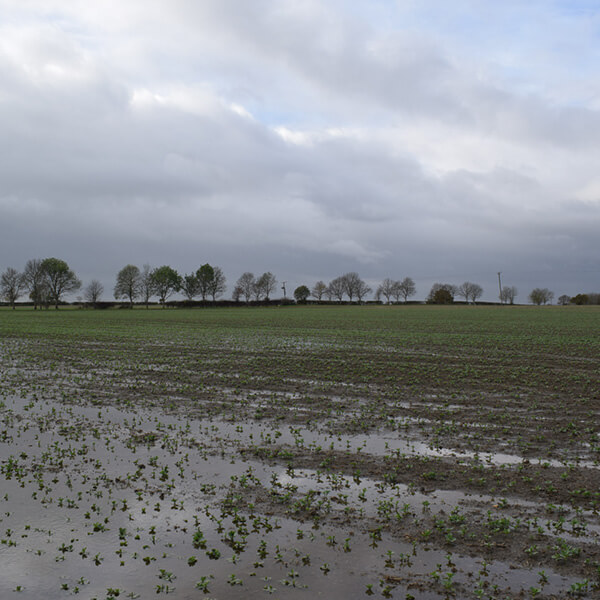
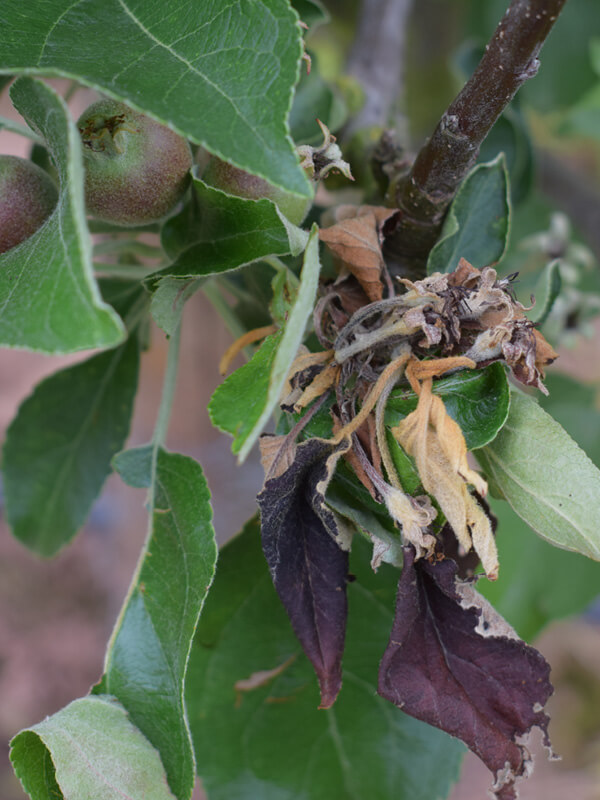

Examples of Typical cases
- Crop & Produce Issues
- Crop failure due to poor germination, pests, diseases, pesticide damage, or adverse weather
- Spoilage of horticultural produce during shipment or storage
- Self-heating and spoilage of stored grain
- Pest and disease tracing in horticultural supply chains
- Equipment & Machinery Failures
- Farm machinery and vehicle fires
- Faulty farming equipment and generator failures
- Anaerobic digester malfunctions
- Structural & Environmental Incidents
- Structural failure of farm buildings
- Grain store design and ventilation issues
- Flooding of agricultural land
- Wildfires affecting crops and property
- Fallen trees causing damage
- Accidents & Injuries
- Personal injuries and accidents on farmland
HOW DOES HAWKINS INVESTIGATE AGRICULTURAL AND HORTICULTURAL FAILURES AND LOSSES?
1
Consultation
We begin with a conversation to understand your needs and assess available information such as environmental records or monitoring, witness accounts, and photographs. We can also provide a cost estimate for the investigation.
2
Inspection
With your agreement, we visit the site to examine the failure and its context. This includes collecting evidence, reviewing documentation, and retaining soil, water or crop samples and faulty parts for lab analysis. We provide informed, professional opinions where facts are unclear.
3
Conclusion
We share our findings and prepare a detailed report outlining our investigation, conclusions, risk assessments and recommendations. We can provide CPR35-compliant reports, if required, and we take instructions from claimants and defendants.
Case Study
Spontaneous combustion or a foreseeable outcome?
A fire in a grain store caused damage to both the building structure and the stored grain, resulting in a significant financial loss. A forensic investigation by one of Hawkins’ fire investigators, determined that the cause of the incident was self-heating of the grain. Subsequently, Hawkins’ plant pathologist was instructed to investigate the factors that initiated the self-heating process.
A detailed examination of the storage facility, including its environmental monitoring and cooling systems was carried out. The grain itself was also assessed with temperature and moisture measurements taken. Samples were collected for microscopic examination at Hawkins’ laboratories, which revealed high populations of several microscopic grain pests, including beetles and mites. Additionally, mould species capable of producing mycotoxins were identified.
A review of the grain store’s sampling records indicated that high pest populations may have been present in grain deliveries from one of the suppliers. However temperature, moisture and ventilation records showed that once the grain was loaded into the store, it was not sufficiently ventilated to cool it to the required temperature. This allowed pest populations to proliferate. Moisture levels were inadequately monitored, and an inspection of the cooling fans revealed they had been installed incorrectly, leading to mould growth caused by condensation.
The combination of pest infestation, poor ventilation and moisture accumulation triggered the self-heating process, which, once initiated, could not be reversed.

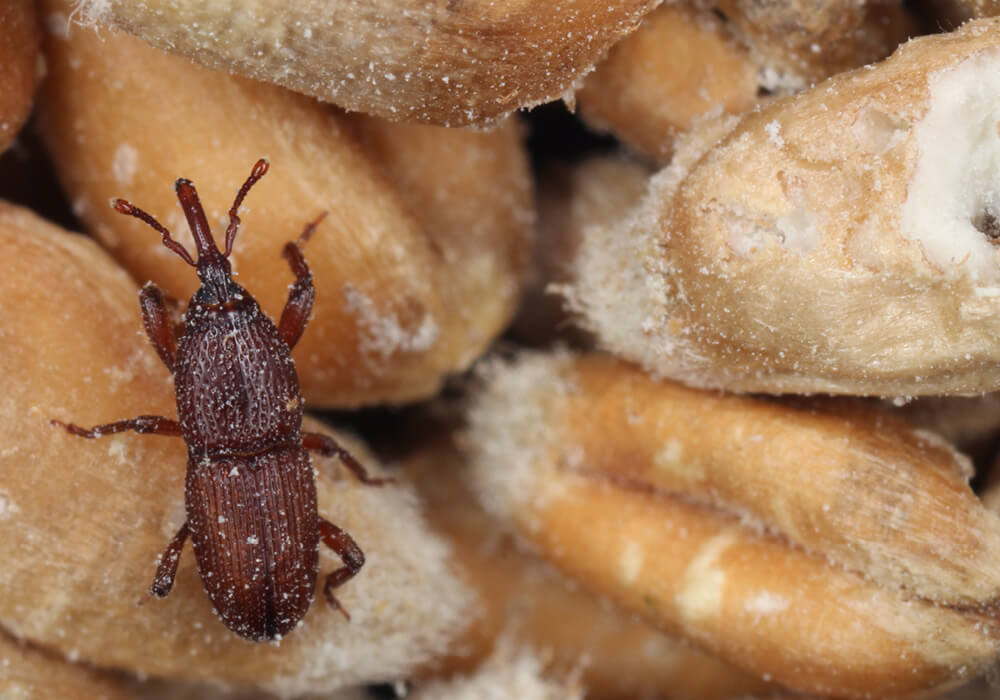
SPEAK TO ONE OF OUR EXPERTS
Related areas of expertise
Plant Pathology
Plant pathology is the study of any factors that cause a plant to express symptoms that are abnormal for the plant in the environment in which it is growing. These symptoms could be leaf spots, tissue discolouration, blight, wilting, stunting, dieback, cankers, tumours, abnormal growth, deformed plant parts or combinations of the above.
Contamination & Pollution
Fires, explosions, floods, water and chemical leaks, building collapses and other calamities can give rise to issues of contamination. It is not uncommon for machinery, building structures, stock etc. to become contaminated outside of the obvious areas where items are burnt, submerged, crushed or otherwise directly damaged during the incident.
Cargo Spoilage
Many agricultural cargoes such as maize (corn), wheat, soybeans and seedcake are shipped in bulk. Such cargoes have a limited safe storage period before their quality deteriorates. The subject of storage of agricultural cargoes is a complex one with many variables to consider.


